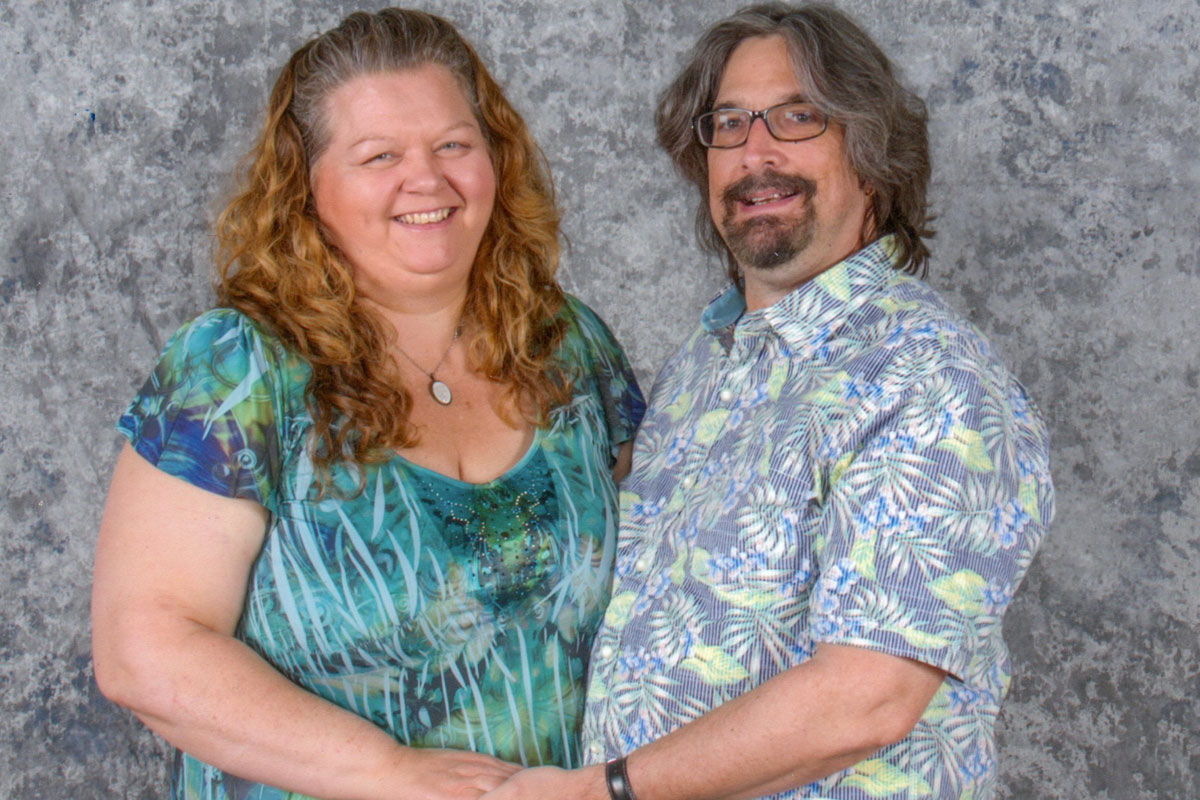Sonia Fabbri was born and raised in the Columbia Basin area of Washington state. Growing up she had been raised in the church by her mother, learning how important relationships with others and with God were to her.
“My mother was very influential in raising me as a Christian,” she said, “Primarily when I was a pre-teen and on up, people and relationships became more important to me.”
She had met her husband in Nevada while he was traveling for work. After their engagement, she moved to Northwest Indiana, and they were married at Ogden Dunes Community Church.
She and her family moved to Duneland Community Church (DCC) in 2009. Through her involvement with missions in DCC such as Free The Girls, an organization that helps women avoid and recover from human trafficking, she felt a calling to do more for her fellow women more locally.
“In general, I felt God calling me to work with women who are in bondage in some way, rather they are in prison, or they have family members in prison, or they are being trafficked, or they are in bad situations where they feel they have no choice.”
She felt that God had been setting her up for this ministry by making her able to be self-employed so she had a flexible schedule to be able to devote her time to missions. After first realizing what she was being called to, she got involved in Kairos Prison Ministries, specifically the Kairos outside aspect, which is a group that teaches God’s grace and love to women who have relatives and friends who are incarcerated, or they themselves have been incarcerated.
The group allows women to talk about their life and form a supportive network to help them in their lives.
“This gives them the chance to interact with each other, talk about things that they are going through,” she said.
Fabbri along with being a council member on the Kairos Outside Advisory Board, she has been part of, and lead many weekend retreats for the women to gather and talk about their experiences.
She loves the work for the rebuilding of relationships.
“It brings me joy seeing the walls break down, and seeing them be able to forgive themselves and others. I love seeing them letting go of anger. It frees them and takes them away from that bondage.”
Fabbri did more work with Free The Girls and became more aware of human trafficking.
“After becoming more aware of it and researching it more, it just broke my heart. I came to realize that it’s not just in third-world countries. It’s happening right here around us.”
Fabbri and a few others then decided to form the Duneland Abolitionists group.
“We do assessments of sex trafficking in Northwest Indiana.” She said, “We’ve done what we can to become educated about trafficking in the area to help the community be aware of what is going on, and we partner with other groups that do survivor outreach, education, and training people to be everyday abolitionists.”
The Duneland Abolitionists get information out to the public so people can change the way they shop, the way they get information on the internet and make parents aware of how to protect their children on the Internet through cyber security workshops. They have done talks to various churches, teens and their families, and first responders in workshops about how women get put into trafficking and what signs to look for in a trafficking situation.
Fabbri has established other groups and missions, but overall the mission is clear and simple: building relationships to show others that God’s love is unconditional.
